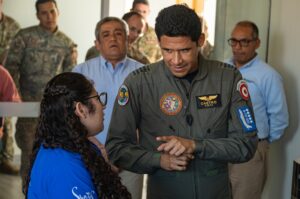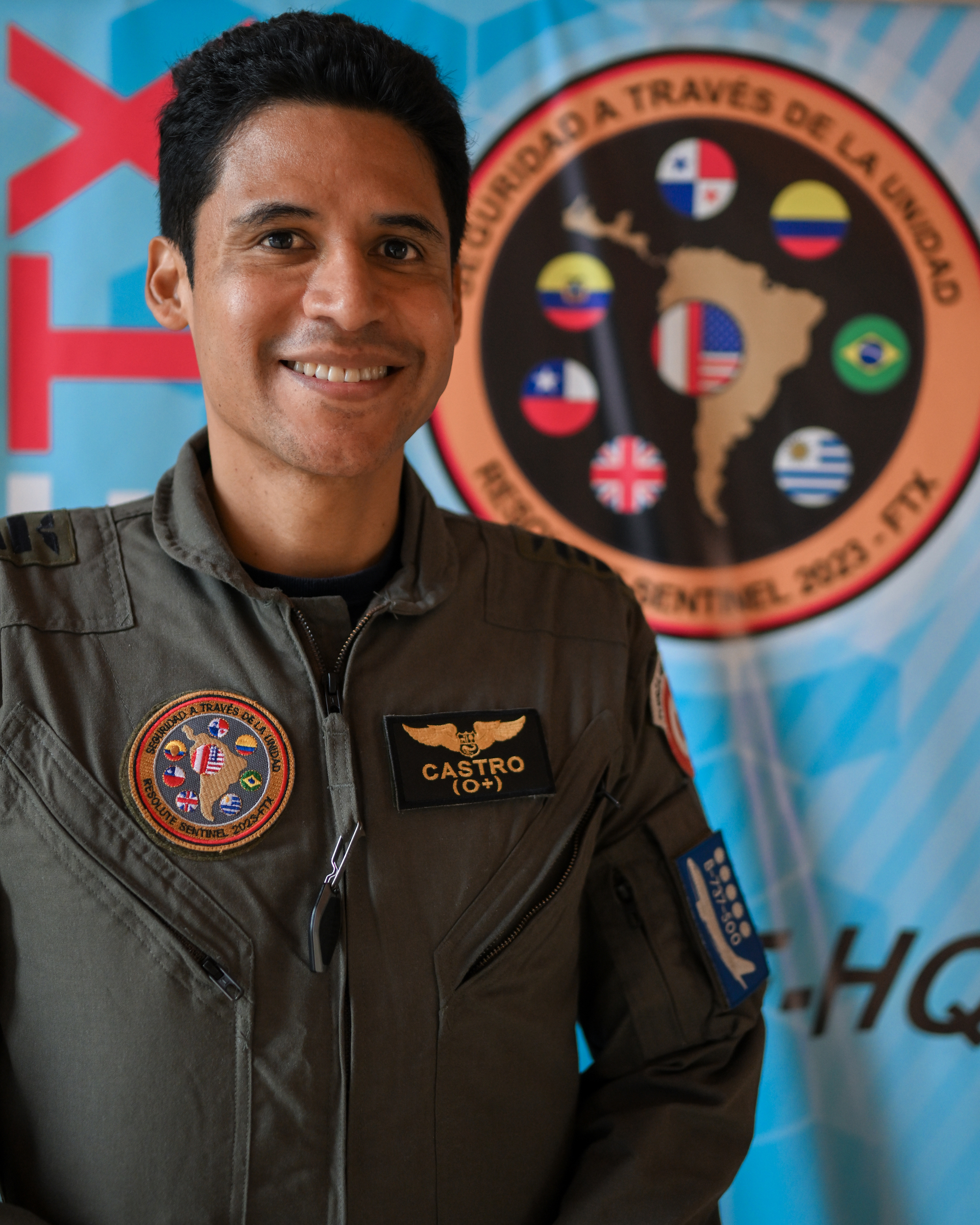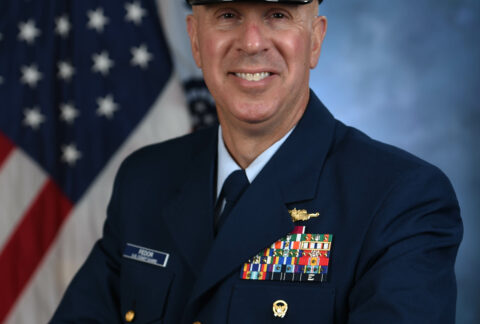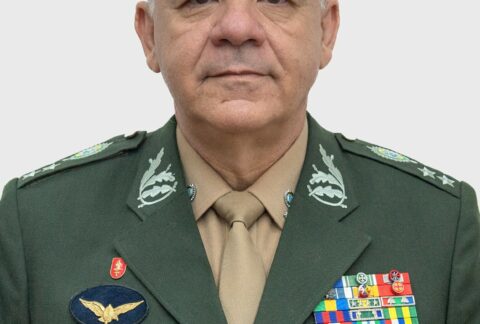Peru is hosting international military exercise Resolute Sentinel 2023 (RS23) for the first time. RS23, which runs from June to July, is a U.S. Southern Command (SOUTHCOM) exercise led by U.S. Air Forces Southern/12th Air Force.
RS23 provides joint training and enhances the readiness of U.S. and partner nations’ civil engineers, medical professionals, and support personnel through humanitarian assistance activities. It also integrates combat interoperability and disaster response training, as well as medical exchanges, training, and construction projects.
Peruvian Air Force Colonel Fidel Castro, deputy commander of Combined Joint Task Force for RS23, spoke with Diálogo about the importance of the exercise for Peru and the objectives set for it.
Diálogo: What is the importance of the RS23 exercise for Peru?
Peruvian Air Force Colonel Fidel Castro, deputy commander of Combined Joint Task Force for RS23: It is significant in the sense that we are going to be able to develop different capabilities that allow us to face common threats of both regional and global scope. These capabilities enable us to provide integral security to our societies and to fulfill the new role of the armed forces, such as supporting the socio-economic development of the country and helping in the event of disasters or natural catastrophes.
Peru maintains its representation as a firm strategic partner in the region to be able to work together, since we share the same values and interests of giving and providing general welfare to society, and that is why one of our lines of effort to achieve this is Peru’s participation as host of RS23 and RS24.
Diálogo: RS23 has joint training and improves the preparation of military personnel as well as medical and support personnel from participating countries and the U.S. What is the importance of this joint work for your country?
Col. Castro: This joint and combined work that is being done in RS23 allows us to have a synergy effect, which is very important because a collective response always has better results.
Diálogo: How did Peru prepare to participate in this exercise? Which entities besides the Peruvian Armed Forces are participating?

Col. Castro: We’ve been training for more than a year and a half, developing not only the planning but also previous training with the Peruvian Armed Forces, including the Navy, the Army, and the Air Force, which has put us in a position to be able to meet and continue with the expectations proposed for this RS23 exercise. In RS23 we have integrated countries such as Panama, Colombia, Ecuador, Chile, Argentina, Uruguay, and a partner nation which is the United Kingdom, and with all of them we’ve gathered the best points to be able to develop a first version of RS23 in the region. We are talking about some more than 1,700 participants in total in the exercise, and we have prepared ourselves to obtain the best results.
Diálogo: What is the importance of having Peruvian and U.S. military personnel in training exercises and in supporting the population in the area of health?
Col. Castro: The effort that we have with RS23 is valuable given that the exercise is being carried out and transferred to social support. We value the effort on the part of the U.S. in practically passing on the results of the exercise to help the population. RS23 allows us to update our techniques and procedures and to have the latest technology so that we can better develop the capabilities we have and, in that way, pass them on to the health area and to the population; that’s why, although on the one hand we gain from the training and the experience, we can also be the extended arm of the State to support society.
Diálogo: How does the Peruvian population benefit from RS23?
Col. Castro: The benefit for the population is extremely important because we’re going to have the capability and the training to be able to respond immediately and in a timely manner when a catastrophe occurs, some kind of disaster or emergency in which society requires its armed forces for timely help. We have had several situations or emergencies generally determined by earthquakes and landslides and in that line, we have been the extended arm of the State helping citizens in a timely manner. One of our objectives in RS23 is to continue training ourselves in order to provide that help better and to be the support for the population when it needs it most.
Diálogo: What kind of exchanges will take place between members of the Peruvian Armed Forces and their U.S. counterparts?
Col. Castro: The exchange is an invaluable experience. With RS23 we’ve gained a lot of knowledge, from the beginning of the planning and now from the conduct of the activities, which allows us to learn more about how to develop operations in all domains: maritime, air, land, space, and cyberspace. This is a brilliant opportunity that allows us to gain a very interesting experience, which we want to use as a point or base to be able to continue generating this synergy effect and to be able to deploy it also in RS24.









